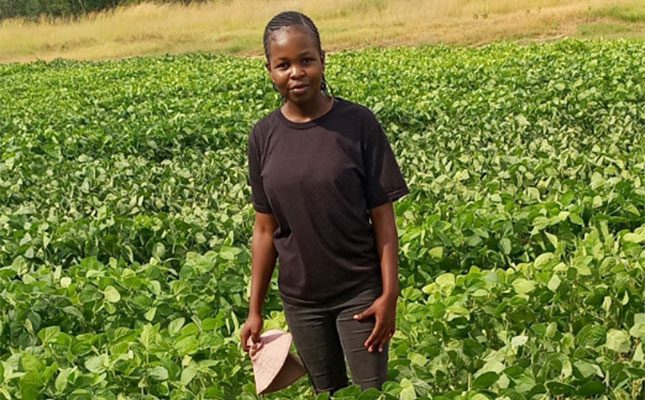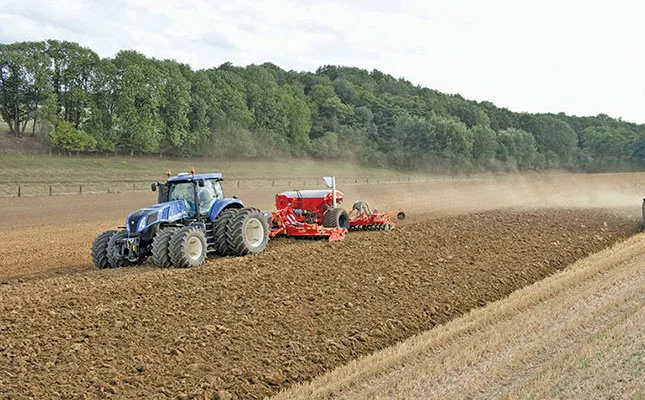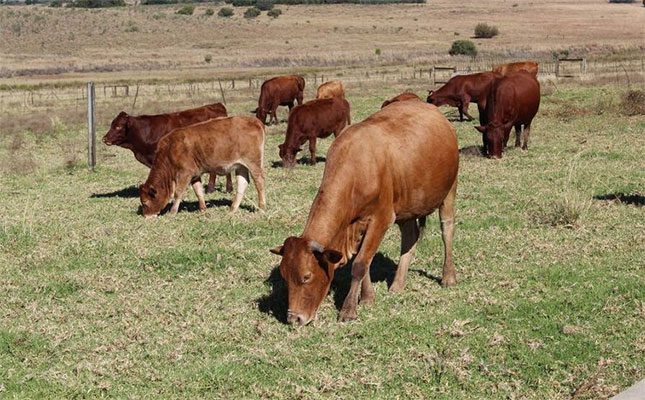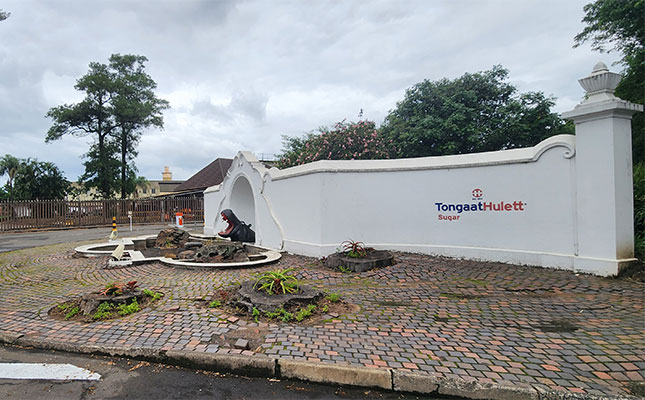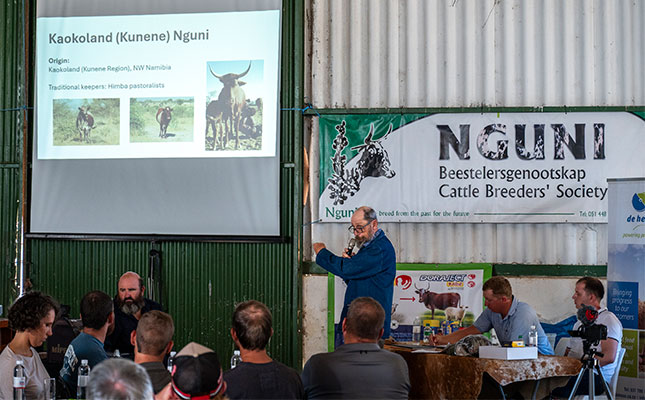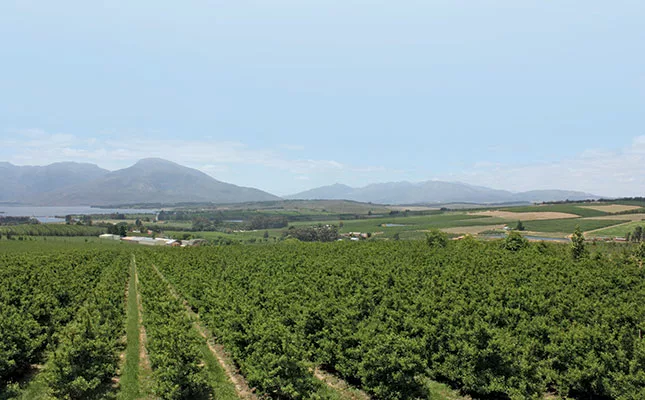
Some of this has been surprising, as the Agriculture and Agro-processing Master Plan (AAMP) broadly crystallises much of what Chapter 6 of the National Development Plan 2030 has already outlined.
However, its value lies in the sharper focus and detail it brings to interventions, highlighting commodity corridors and providing deeper value chain analysis. This allows for more targeted recommendations on what to improve to unlock growth in each value chain.
The plan also establishes proper structures for continuous stakeholder engagement and evaluation throughout the implementation process.
Therefore, I see those pushing for further debate on the AAMP as contributing to an issue many South Africans have long complained about: the lack of implementation of policies and programmes. The reality is that there are many topics we can debate in the agriculture sector, such as climate change policy, trade policy, and land reform.
However, the AAMP has already been discussed at length and perhaps does not require further debate. What is needed now is implementation.
The AAMP is the correct plan for unlocking growth and boosting inclusivity. It matters not who drafted and signed it; it is a sound plan with the potential to improve South Africa’s agriculture sector and address many growth-inhibiting factors.
Such factors include limited access to government land with title deeds; weak biosecurity controls (plant and animal health); rural crime; poorly maintained roads, railways, and ports; and underperforming local municipalities.
Some may not agree with every aspect of the AAMP, but we could start by implementing the areas where there is broad consensus. Importantly, this is not just a government plan; it was co-created by all stakeholders.
Therefore, implementing the plan and making difficult decisions about officials who may hinder progress and private-sector collaboration should be a primary focus of the leadership at the Department of Agriculture.
Worrying about who wrote and signed the AAMP isn’t productive; what matters is whether it addresses the previously mentioned core issues and is being implemented.
Strengthening trade and export growth
Another issue I want to comment on is trade. I can’t emphasise enough that the growth path for South African agriculture involves a strong push for export diversification and the retention of existing export markets.
So, in all the global travel and interactions with foreign representatives, this should be one of the key points we continue to table.
This also means we must continue to enhance our capacity to engage productively with many other countries on trade matters to ensure our success.
The effort requires the private sector and government to adopt a collaborative approach. I am sure that other sectors of the economy, such as the auto industry and mining, are of a similar view.
In agriculture, we still have the capacity to create more jobs and expand production. The success of this will depend on the efficiency of our efforts to open markets, while concurrently addressing the domestic matters that constrain production.
There are clear plans on how each of these issues should be tackled, and what is missing is the consistent and relentless focus on implementation.
Wandile Sihlobo is the chief economist at Agbiz. Email him at [email protected].
Get trusted farming news from Farmers Weekly in Google Top Stories.
➕ Add Farmers Weekly to Google ✔ Takes 10 seconds · ✔ Remove anytime
